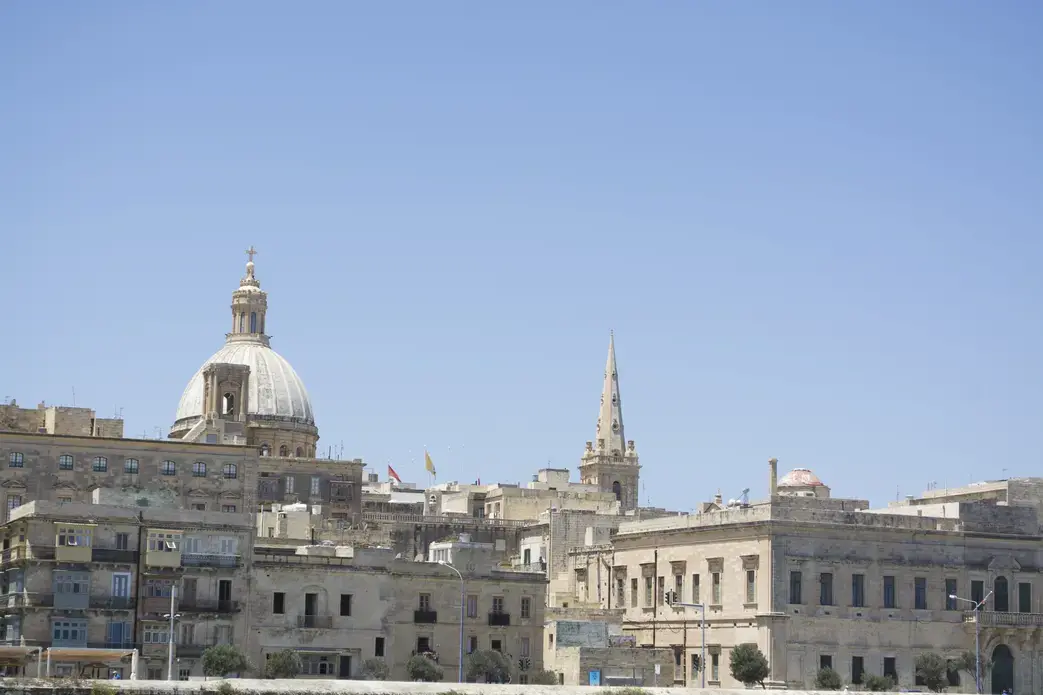Despite a recent downturn in interest in religion in Europe, the island nation of Malta still remains a stronghold for Catholicism. The population of the Republic of Malta, which is just over 418,000, is over 90 percent Catholic.
"Almost all Maltese are baptized Catholic," Fr. Charles Tabone, a delegate of the Archbishop of Malta and a senior lecturer of sociology at the University of Malta, said.
While Roman Catholicism remains the official state religion and almost all Maltese citizens are still baptized into the Church, Malta has strayed from its traditionalist Catholic roots in recent years: In a 2011 referendum, the population of Malta voted to legalize divorce. In April 2014, the Maltese population voted to make Malta the 22nd European nation to legalize same-sex marriage and only the 10th country in Europe to allow homosexual couples to adopt children. The Church did not approve either of these measures.
With the growing disconnect between the Maltese people and the church, the Archdiocese of Malta is working to change its image and shed its reputation of strict traditionalist Catholicism.
The Archdiocese believes that many people in Malta, including the majority of young people, have begun to follow a non-traditional, more secularized form of Catholicism.
Tabone defines this "secularization" as a less binding and strict way of living the Catholic faith.
"This goes against the sacral traditionalistic way of living your faith. So this can be a challenge," Tabone said. "With regards to what is passing on in the Church today, the Vatican is insisting upon a new evangelization. I see it this way, to present religion in a secular way, which is more appealing to young people today."
Fr. Carl-Mario Sultana, professor of religious education at the University of Malta and delegate to the Archbishop, believes that this less rigid form of Catholicism is more user-friendly for the Maltese people.
"Religion or faith is not something that you inherit, but something that is relevant for you," Sultana said. "That makes the whole difference. If it is relevant for you, you pick it up."
The struggle for the Archdiocese now is how to accept this practice and how to use it.
"You can't change the culture." Tabone said. "If the people have a 'supermarket, pick and choose' mentality, use it to make an appealing product for them."
Anthony Mifsud from the Diocesan Youth Commission believes that the Archdiocese and the Church in Malta must work to make sure that the people of Malta are aware of this new way of living their faith.
"The challenge for the moment in Malta is the contrast between the two parallel churches—the traditional and this type of rediscovering one's faith. This is in contrast to a Church that says either 'all this or all that.' Mufsud said. "That obviously creates conflict and probably people will say, 'I'd rather not belong if it's total this or total that.' People need to know that it's okay to say, 'At the moment, or maybe never, with this issue, I'm not completely in agreement with the church.'"
Tabone explained that the Maltese have been traditionalistic in their religious practices for ages. "There are hard and strict rules and conditions which would qualify you to belong to the Church," Tabone said.
However, the Archdiocese is working to change the Church's reputation and inform the population of Malta that they may subscribe to a less rigid form of Catholicism where they may not stand with the Church on every issue.
Over the past few years, the Archdiocese has worked to create what they are calling a more "Charismatic Church." This type of church strays slightly from the strict traditional rules of Catholicism and is much more accepting.
"The Charismatic Church would give you all the chance you need to enter and make yourself a member. It wouldn't tell you to become a full member that these are the conditions," Tabone said. "It would say you are welcome, you are one of us, we love you, we accept you. Then you realize, little by little that to have a relationship to God, you need to adopt certain practices and make certain decisions. And that's the Church that we are trying to do."







